When a notice of eviction arrived at Toronto's Gas Station Recording Studio in 2000, it could have easily spelled the end of a local indie-rock institution. Studio partners Dale Morningstar and Don Kerr had spent the past seven years presiding over a recording space that had become an affordable destination for a long list of Canadian bands including, The Inbreds, Thrush Hermit and Godspeed You! Black Emperor. But suddenly their prized warehouse location in the city's Parkdale neighbourhood was slated to become an office and retail complex. Though Morningstar had zero legal recourse against the gentrification, he still made noise.
He put up posters and held a musical protest in his landlord's office. He generated coverage in print and on television. And not long after — while recording the solo debut of Gordon Downie, the Tragically Hip frontman whose Coke Machine Glow album [2001] would become the warehouse space's final project — Morningstar got a call from a local not-for-profit arts group. They'd seen his poster and had a solution to his problem, so long as he didn't mind setting up shop in an abandoned portable school building steps from Lake Ontario on Toronto Island. A decade later, and after an amicable parting of ways with Kerr, Morningstar runs the Gas Station Recording Camp in an exotic urban locale that's accessible by ferry and not open to private cars. It seems like a pretty good life. Morningstar has recorded the likes of Rock Plaza Central, Julie Doiron, and Tangiers, not to mention Tuvan throat singers from Mongolia. He also plays his 1976 Telecaster in Downie's backing band, the Country of Miracles. He also meditates while adrift in a canoe, hauls gear in a bike cart, and sometimes ends sessions with a swim off the nearby beach.
So, how did you and Don Kerr get started in this business? You were both in the Dinner is Ruined band.
Technically this is the third Gas Station. I started on my own, in the basement of a warehouse on Liberty Street — it was kind of like my apartment and I lived there. Then I hooked up with Don. We pooled our resources, sold our [Tascam] Portastudios — we each had one — and bought a 1/4-inch, reel-to-reel, Yamaha 8-track. It had a mixer built into it. This would have been September 1990. So this 300-square-foot, high-ceilinged basement of this warehouse was our studio. We erected a wall, so there was a tiny little control room and a live room, and we rented a space up top in the building. One guy would sleep upstairs. One guy would sleep in the studio. We had the 8-track going, just to work on our own stuff. Then we started doing demos for bands. I was like, "Hey, I can make a few dollars doing this, too." We were just learning the gear. We never advertised. We just got busier and busier. So we expanded and bought this mixing board. It's a Yamaha RM 2408 — a 1985 analog board. Someone was selling it for $3,000. The same week I found a Tascam 85-16, a 1-inch, 16-track tape machine. That was '92. The board wouldn't fit in the basement studio, so we put it upstairs. We were getting so busy; we wanted more space. So we got the warehouse and that became the fabled Gas Station.
So, you set up shop in the top floor of a warehouse and, from what I remember, everybody used to rave about the place.
What was unique about it were the windows and the views. And it was cheap. It was run by musicians. We were never grubbing for money. We liked money, sure, but it was all about the music. We never recorded jingles or anything like that. It was a real, organic growth. People would always be like, "Oh, you need this piece of gear." When we were starting out, we'd say, "Well, that'd be nice, but we really can't afford that." And we'd get by with an AKG 535 mic for vocals as opposed to spending a grand on a Neumann. There was a washroom adjacent to the studio, a big, stone room — no one used it except us — so we'd use it as a reverb room. Put mics in there and amps. Sometimes we did vocals in there.
Would people come in and disparage your equipment?
No, I'm talking about bigger studio guys from whom we'd asked advice. The pros, or whatever would be like, "You can't do it with that." These were the days when the big studios that charged big bucks were on their downward spiral. There weren't too many small studios in the Toronto scene. We got right in on the ground floor, so to speak. There was us, and maybe Chemical Sound (a really cool space run by musicians), that were geared for indie musicians. We were sympathetic financially to people. Everyone seemed to think, "It's got to be reasonable for everybody, because everybody works." But it was such a good-sounding room that famous musicians caught wind of it, and started going there.
Who rolled in?
Bruce Cockburn went there to do some overdubs. The Barenaked Ladies booked it out for five weeks and made records. The list goes on.
Not bad for a couple of guys who weren't businessmen.
We never had any illusions of making a living at it when we started. We just got it for our own music, and we realized, "Hey, we can record other people, too." We got better at it. Don had his clients and I had mine.
Did you have any formal training?
When I was a youngster, back in 1979, I graduated high school, and I was all set to go for an interview at Fanshawe College [to study] recording arts and production. That's what I wanted to do. My parents went away to Florida for the month of April. My interview was supposed to be in May. I think I did some acid, and I did some thinking. I just decided, "Hey, mom and dad; I've realized I'm not going to go to school for recording. I'm going to work in a factory, save $10,000 and teach myself. I'm going to be a musician and learn recording on my own." I worked at the Norton Company in Chippawa — the same factory my dad worked in for 40 years. They made abrasives; sand paper and grinding stones. I lived at home. I saved close to $15,000. Then I quit, moved out of the house, shared a place with a couple of buddies, had my Portastudio with a couple of crappy mics, and just recorded every day.
What did you like about the 4-tracking?
It was a real recording studio in one little gizmo. Compared to now, and what you can get in a computer, it's very primitive. You can't beat the touch of gear, the tactile quality. I was anti-computer for so long. "Mr. Analog." I thought the studio was no place for a computer screen; that lasted through the '90s and into the start of the last decade. Then I realized, "Don't fear the technology. It's not going away." I bought my first computer five years ago and a year after that, I bought Logic Pro, and then about six months after that I actually opened it up to use it. And I said, "I want to learn this as well as I know the analog stuff." I wanted it to feel natural. In the first year it was totally frustrating — everything about it. Now, it's my friend. I'm fearless with the computer now. It's no big deal. But I like doing the hybrid, recording bed tracks to the 1-inch tape, then syncing it up to the Logic Pro and doing overdubs in the digital world.
Do you use a lot of plug-ins?
I never use plug-ins. I would much rather use older analog gear that I can see, feel and touch. Plug-ins might sound really great, but there's still something icy in my mind. I like the inconsistencies of analog gear. Sometimes things fuck up. Whether you're using a [Roland] Space Echo or an Echoplex, some glitches might happen and that's where the magic might be. That's what sometimes makes a great recording.
That's what I've always liked about a lot of the stuff you've recorded. There's some small indication of the process, like a door creaking or an ambient sound — like a foghorn on The Inbreds' Kombinator. But you don't overdo it. Do you have go-to gear that often finds its way into the mix?
I really like using the Echoplex. It's a tape delay from the '60s. The Space Echo is another tape delay. Or a Lexicon reverb from the mid-'80s. It does very few things, but does them very well — a really tasteful reverb. There are a lot of reverbs in the computer, with so many parameters, and they sound good. But I like things simple. If something's complex, I like to make it simpler. I'd rather use the sound of the room, and accentuate it with maybe one really good piece of gear, as opposed to using a ton of effects to get something. I'd rather use the performance or the mic'ing technique to get a sound — then maybe tweak it with something.
So, you're a believer in having fewer options?
That's the thing that I think people get hung up on. There are so many options and choices. With tape, on a punch-in, it's like, "Are we going over this or are we keeping this?" Once you hit the red and the green button, it's gone. You've got to do it better. I like that. Don't get me wrong, I love having the option of doing multiple takes, but at the same time I think it makes musicians lag a bit. I think back in the '40s, when people used one mic in a room, and the whole orchestra or the whole band had one performance, and boy, they had to be good.
There's something about that pressure that can heighten a performance.
You've got to be on and deliver the goods. That's when I think great records are made. You're not relying on the technology. I really get distraught if I have to do multiple punch-ins. I love it when people step up to the plate and they want to sing and they lay it down. If you've got to go in and punch in for every syllable, I'm not the guy. I didn't get into music or recording to do that.
That being said, how do you go about helping bands give those kinds of performances?
The main thing is for people to be comfortable. They just feel at ease here. I try not to be uptight.
I've gotta say, this place is pretty idyllic.
[ editorial-ad ]
It's a whole escape for bands. I recorded a band called The Stormalongs recently and the drummer was saying, "The last three months I was marking the days off my calendar at work, looking forward to the Gas Station and getting out there." It just made me realize, "Man, you better be on. You owe it to these people, because they save their pennies and their nickels to come out and spend a weekend with me." If I'm not up to par, it's just not fair to these guys. They invest their lives in these events, so you can't get blasé about it. You can't go half-assed when recording people. It's their lives — it's their art. You don't want to take that passion into a studio and have some bozo be totally unsympathetic to the music. I might not always like or love the music I'm recording, but there's always something about the people, the music or the sonics that I can get excited about.
Do you ever think about what might have happened if you hadn't found this place so soon after getting evicted from the other spot?
Yeah. Legally they could evict us, but I just didn't think morally it was right. I raised a ruckus. People were saying, "Ah, you shouldn't" and I was like, "Fuck it. I've got to do it for the bands." The cops came. And so did MuchMusic [Canadian music television channel]. It generated a bit of ink and attention. If that hadn't happened I wouldn't be here. I wouldn't be playing with Gordon Downie. I wouldn't have made a lot more friends. I wouldn't be recording now. Here, we're looking at trees and sand dunes. People come here and say they feel like they're at a cottage. The warehouse space was the most urban studio you could have, because you were looking at the cityscape and you were right downtown. This is almost the opposite. But both of them have windows. Once you get in here, you're playing the music. Or you're thinking, "Let's play music and then go sit outside, and have a beer and a swim."
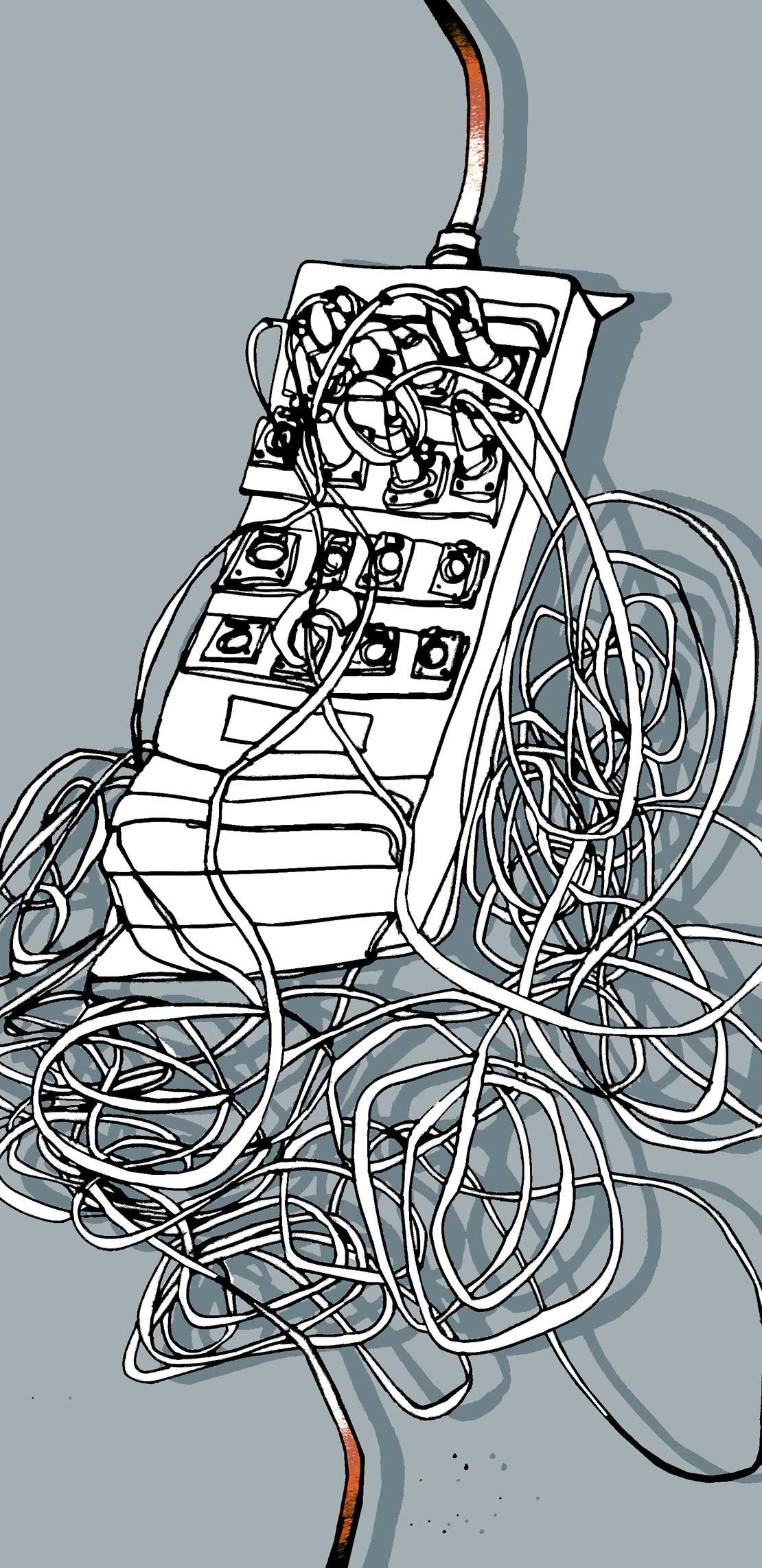

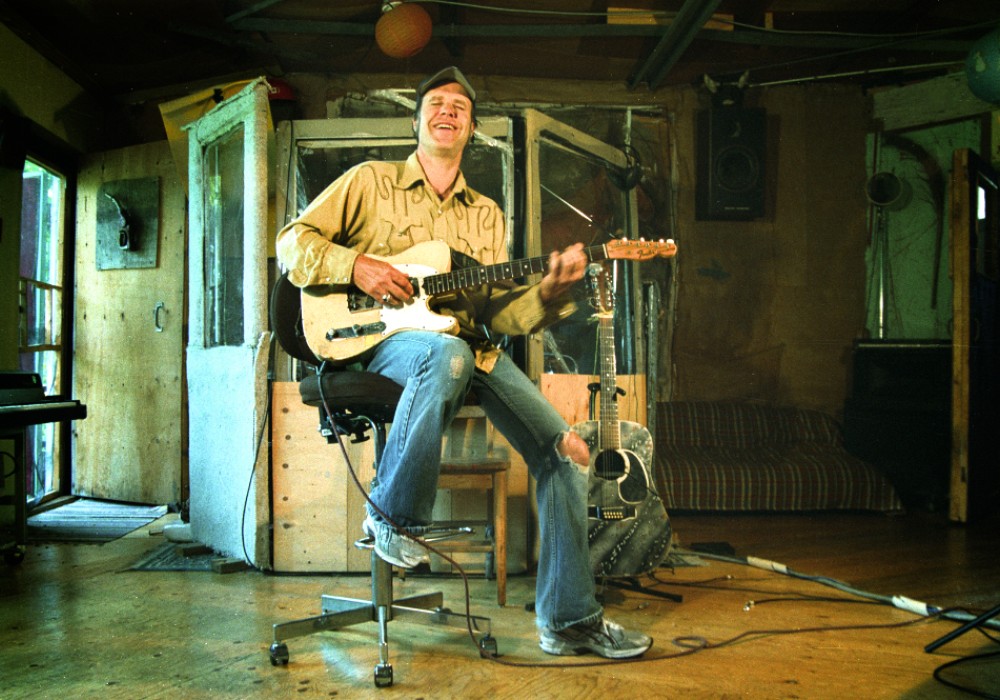
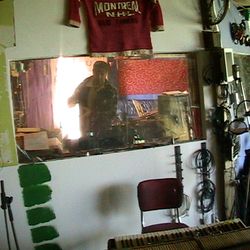
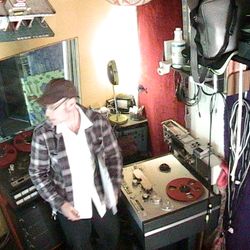
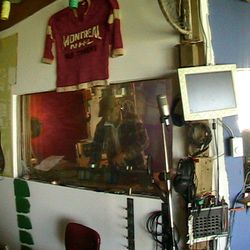
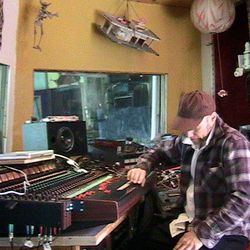
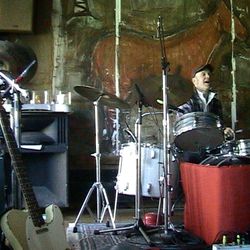
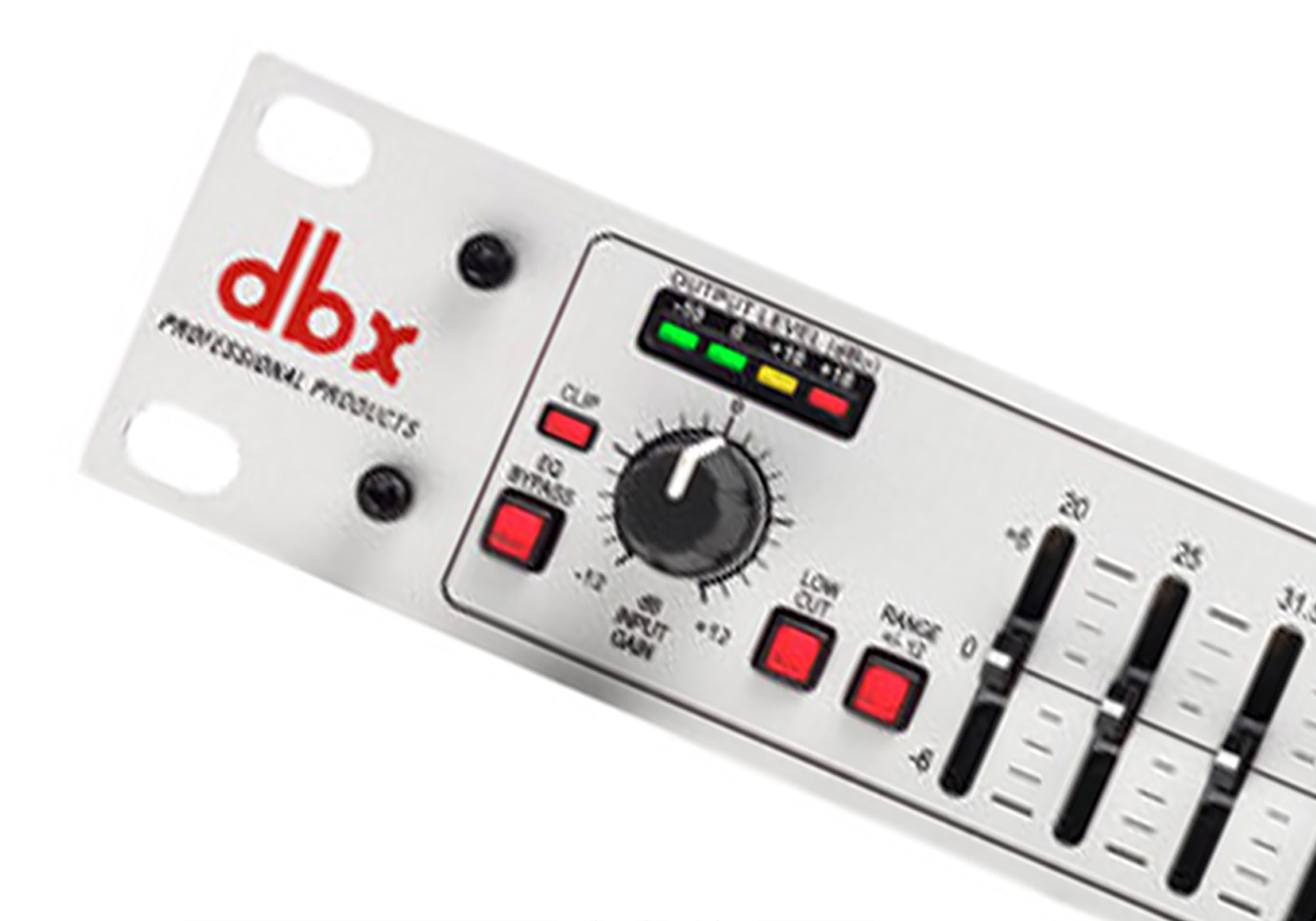
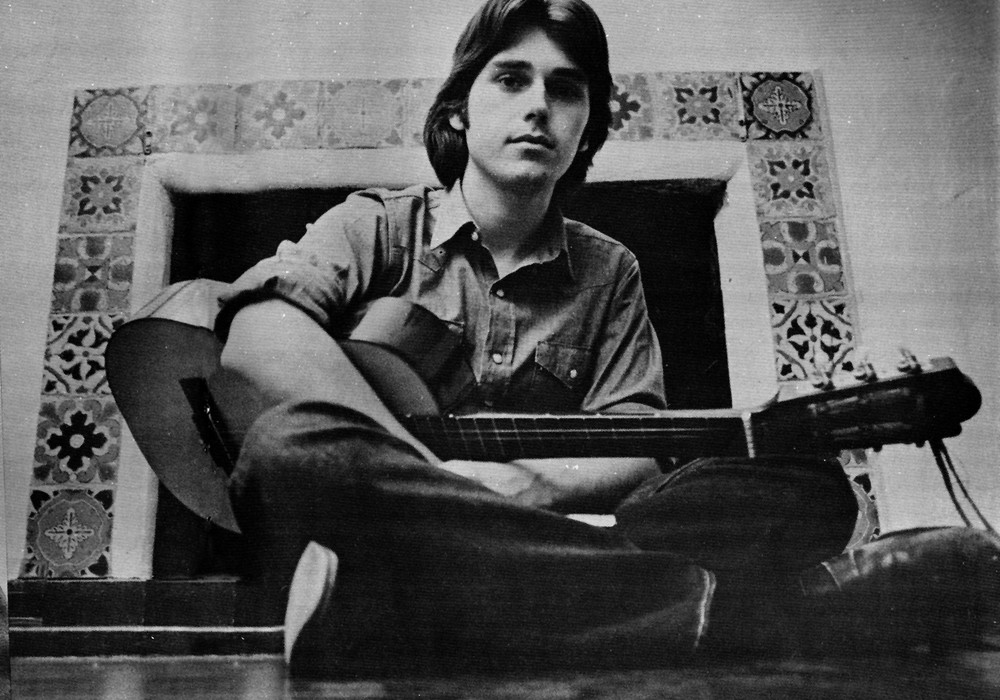
_display_horizontal.jpg)
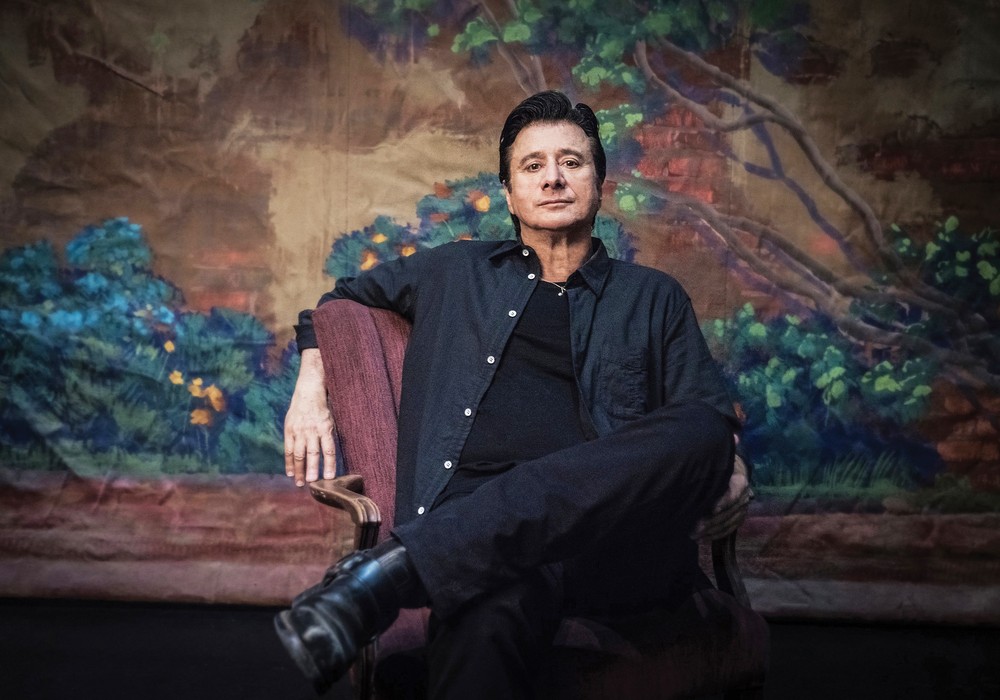
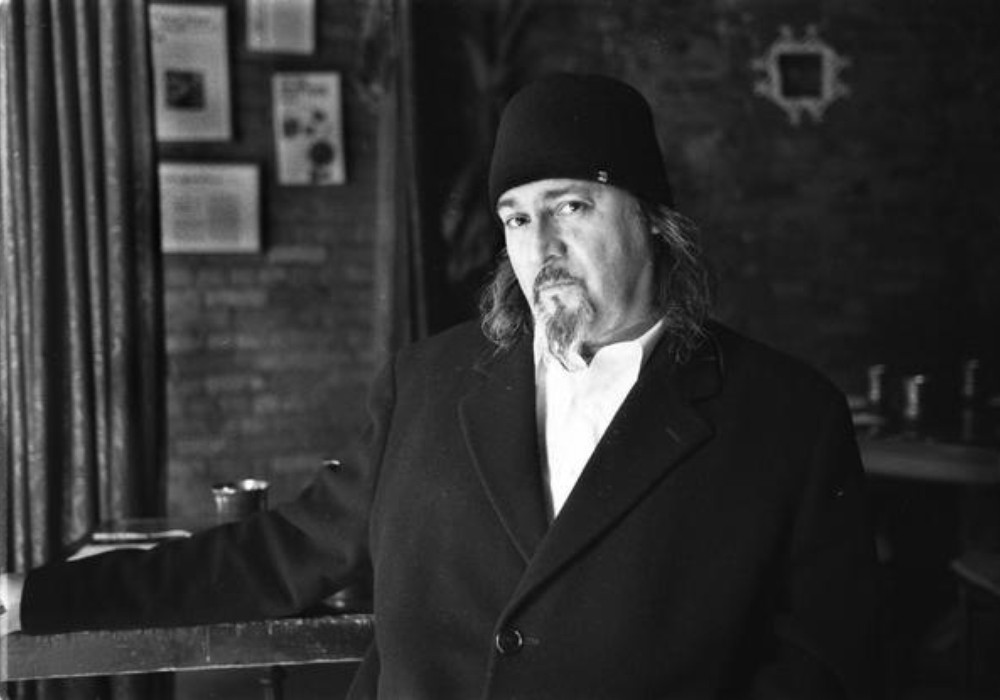
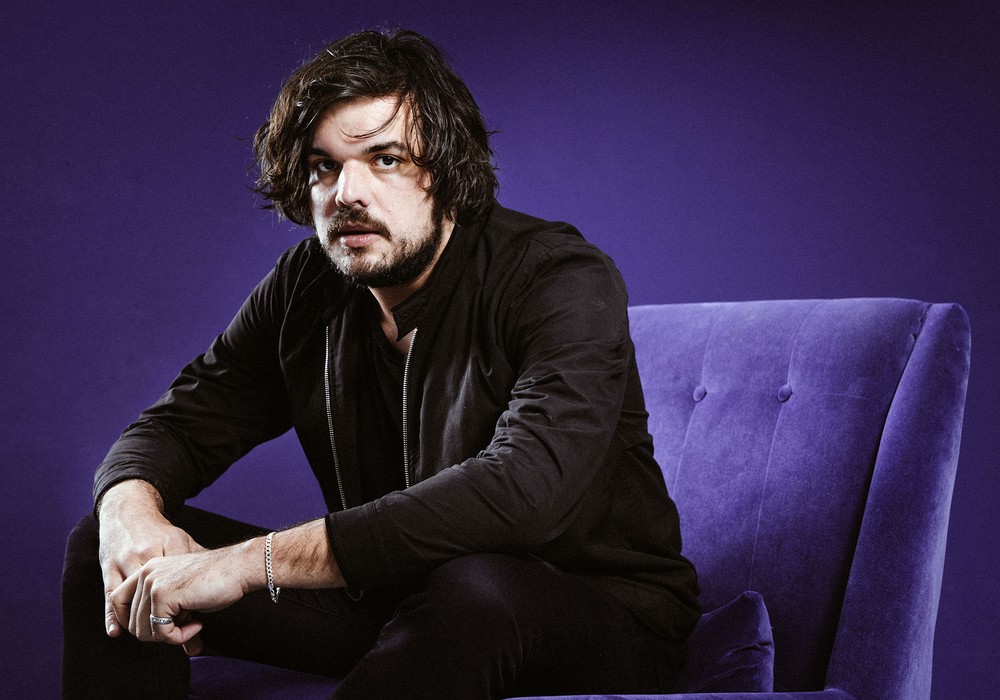
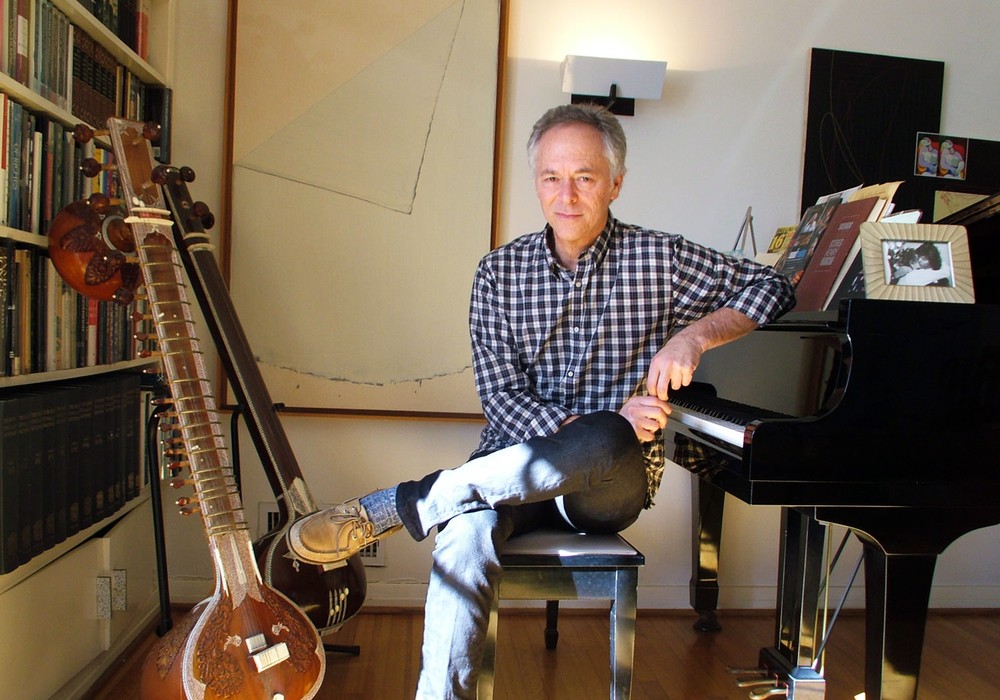
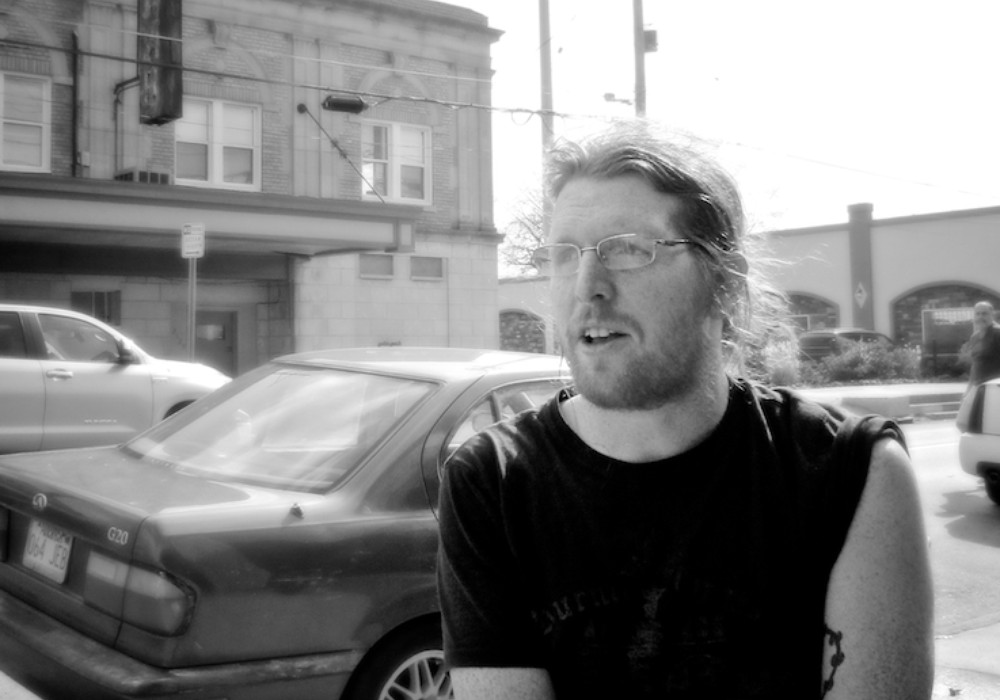
_display_horizontal.jpg)